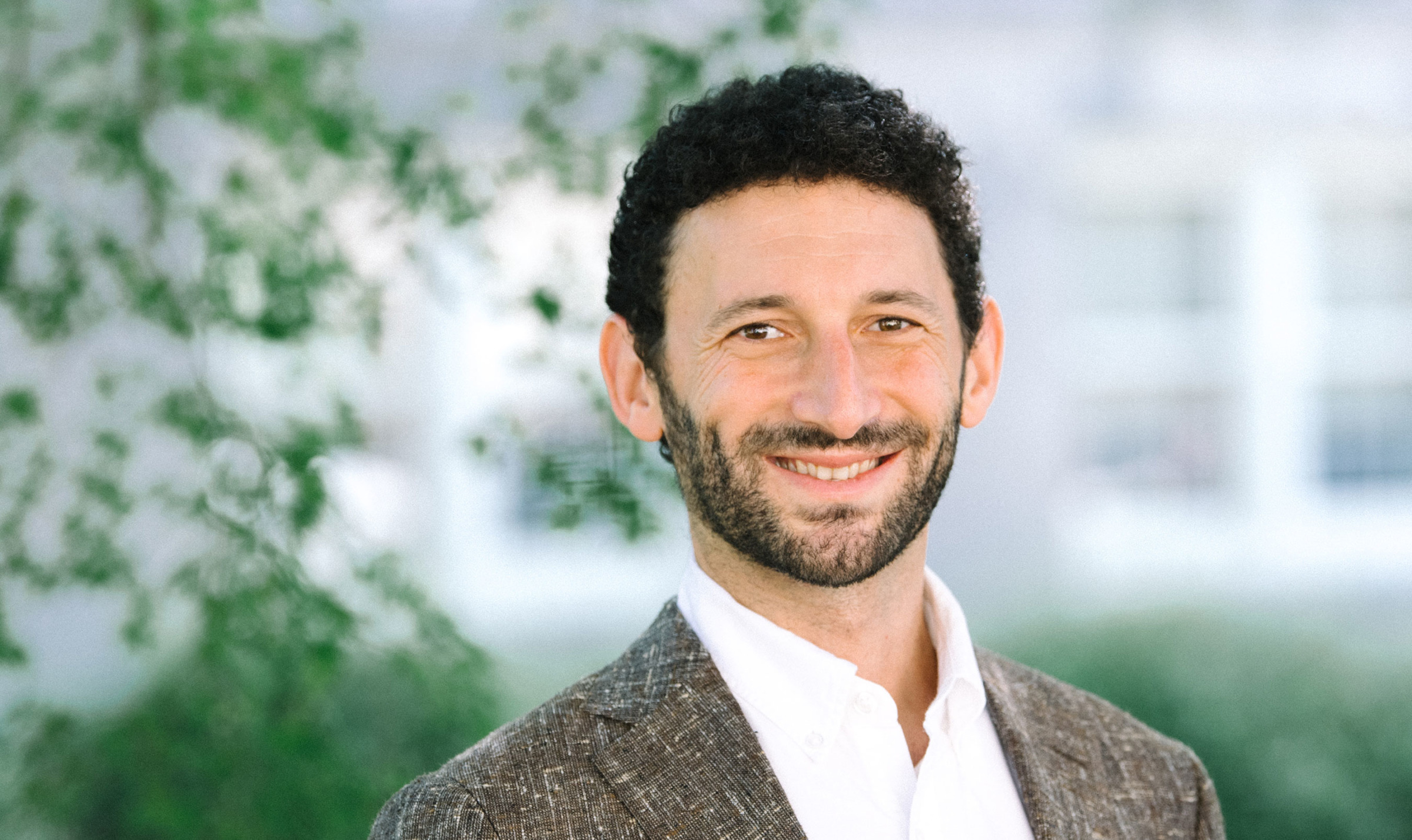Ethan Hutt, Ph.D., the Gary Stuck Faculty Scholar in Education at the UNC School of Education and an education historian, co-authored a forthcoming article – “‘Original History’ and the Free Exercise Case for Religious Charter Schools” – that has been included in an amicus brief for St. Isidore of Seville Catholic Virtual School v. Drummond. The Supreme Court of the United States will hear the case in late April.
The article was co-authored with Aaron Tang, a law professor at the University of California at Davis School of Law, and will be published in the Washington University Law Review in 2026.
According to the Supreme Court docket for St. Isidore of Seville Catholic Virtual School v. Drummond:
This Court has repeatedly held that the Free Exercise Clause prohibits a state from denying generally available benefits to a school solely because it is religious. That principle should have resolved this case. Petitioner is a private religious institution. It seeks to partake in the benefits of Oklahoma’s charter school program. But the court below invalidated Petitioner’s contract with the charter school board. The court disregarded this Court’s Free Exercise precedents because, in its view, Petitioner had become an arm of the government by virtue of that contract. It thus held that the Establishment Clause and Oklahoma laws aimed at creating “a complete separation of church and state” compelled the court to deny Petitioner-on religious grounds-the benefits created by Oklahoma’s Charter Schools Act.
The questions presented are:
- Whether the academic and pedagogical choices of a privately owned and run school constitute state action simply because it contracts with the state to offer a free educational option for interested students.
- Whether a state violates the Free Exercise Clause by excluding privately run religious schools from the state’s charter school program solely because the schools are religious, or whether a state can justify such an exclusion by invoking anti-establishment interests that go further than the Establishment Clause requires.
Hutt and Tang’s article points to historical moments that serve as a historical analog for the legal questions raised in St. Isidore of Seville Catholic Virtual School v. Drummond. According to the authors, in 1805, New York granted a formal charter to the Free School Society, an organization that Hutt and Tang say many consider [akin to] the nation’s first charter school network. Like charter schools today, the Free School Society received public funding, focused services on low-income children, and enjoyed pedagogical leeway.
In 1825, a Baptist school applied for public funds on the same terms as the Free School Society. Jewish, Catholic, and Quaker schools made similar requests in the 1840s. In each case, these requests for public funds to run religious schools were denied. Despite these denials, none of these religious communities filed lawsuits claiming the state violated their religious rights. The lack of a legal objection suggests that people at the time did not believe the first Amendment’s Free Exercise clause required funding all kinds of schools or all kinds of religious schools just because the state had given money to the Free School Society. Hutt and Tang illustrate similar episodes unfolding at the same time around the country, from New Jersey to Indiana to California.
Read the full amicus brief at SupremeCourt.gov.
